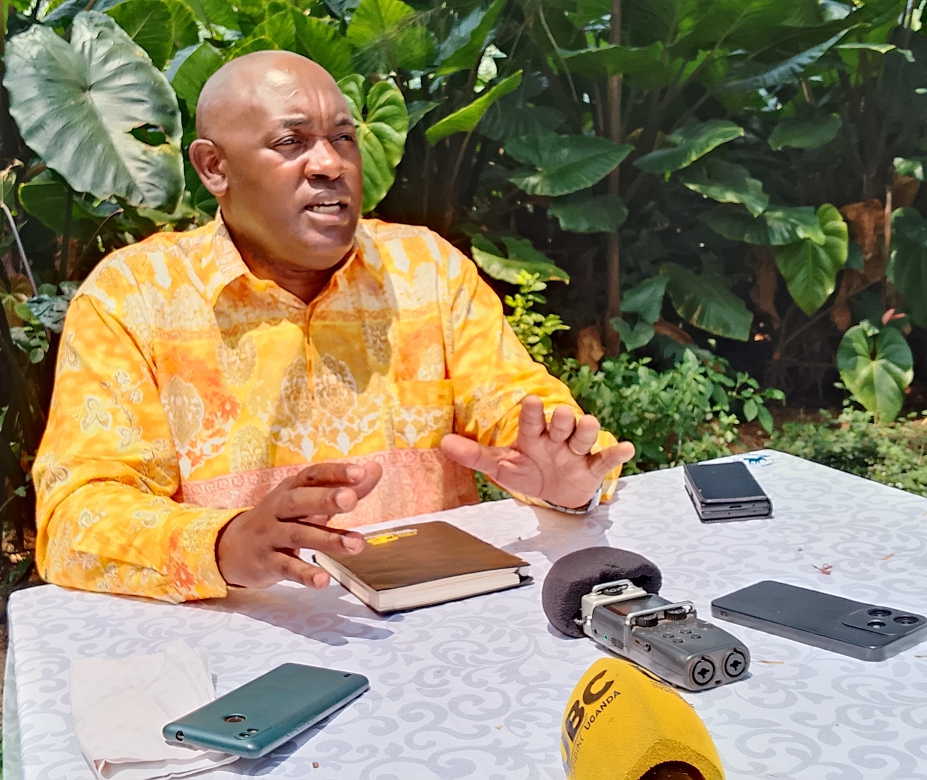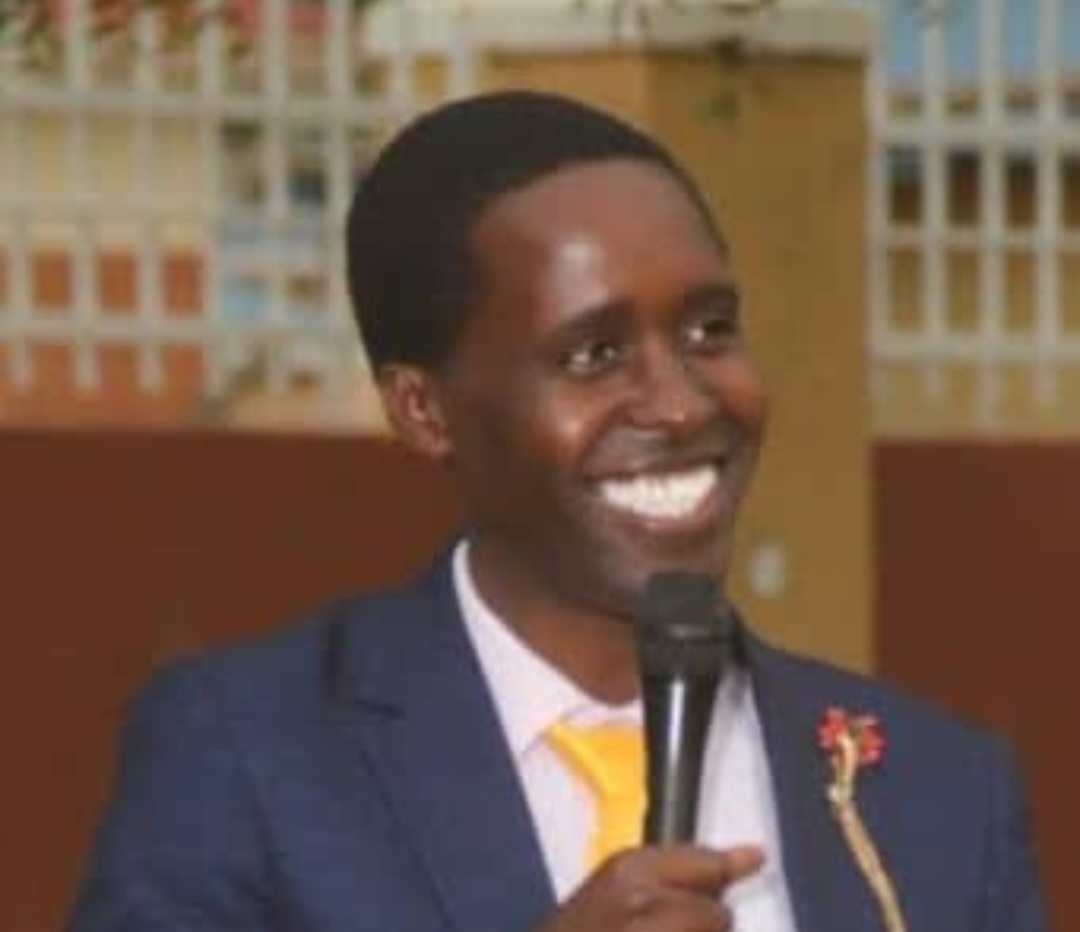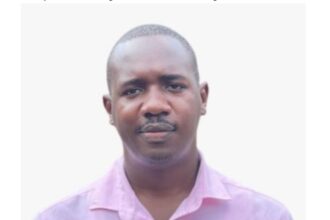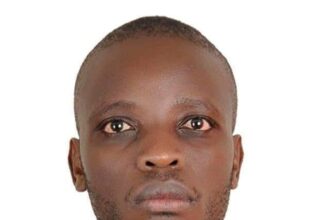By Don Wanyama
On Tuesday, I joined thousands of wanainchi in Butaleja District to commemorate Tarehe Sita, which marks the launch of the NRA Liberation War in 1981.
As the colourful festivities were underway, I took a minute to reflect on our army and country’s journey. Butaleja was carved out of Tororo District. In 1985, my mother, Felicistas Munoko Wamasebu, was the deputy headmistress of Tororo Girls School.
One evening, while my mother had taken my two elder siblings to be enrolled in boarding school in the neighbouring Mbale District, soldiers brandishing guns stormed our house inside the school compound.
The sight of men pointing guns at my sister, Patricia and myself plus our househelp, Charles, whom mum had left to watch over us, was one that has never left my memory, even when I was just five years old.
“Mama wa hapa ako wapi?” they shouted, asking for my mother’s whereabouts. “Tupe bunduki yenye ameficha,” they said in Kiswahili, demanding for guns reportedly hidden by my mother in the house. Our house was turned inside out, and when no guns were found, our modest furniture and other property was not spared.
It was obviously a shocking claim. A gun was the last thing my mother would possess. As it turned out, an administrative difference with one of the school heads had seen my mother framed as a rebel collaborator, reportedly aiding then NRA fighters.
As I learnt later, all that one needed to do was bribe the UNLA soldiers, brand whoever they disagreed with a rebel collaborator, and have that person arrested or as it was in many cases, killed in cold blood.
My mother was lucky that the night when the soldiers came to pick her up, she had travelled to Mbale. Of course she never returned to Tororo. The following day, a concerned teacher rode a bicycle to Mbale, found my mother and narrated what had happened.

Suddenly, my mother, a single parent of four, who had proudly began service of her country in 1975 as a teacher after completing studies at Makerere University, was now a criminal. Living in her country was risky.
She made her way to Kenya through the porous border, got us smuggled to meet her in Malaba, Kenya and just like that our lives were altered permanently. We joined the thousands of Ugandan families that were trooping to exile either for political or economic reasons.
It would take my mother another 11 years before she returned to Uganda in 1996, luckily got re-absorbed into service she had broken unwillingly and she served until she retired nine years ago.
Why have I shared these personal experiences? It has to do with the army. The bedrock of any stable, successful state is its military. Everything else, including the economy, is hinged on a stable, secure country, only made possible if a country has a strong and disciplined army.
Anyone who has paid attention to our country’s history knows how chaotic and troublesome our armies were before 1986. Rather than become the beacon of comfort and security for its citizens, the army became the symbol of state collapse and terror.
Stories of numerous roadblocks which turned into terror points abounded. Soldiers became mercenaries for hire, with many using them to settle personal scores.
I know families that till today do not know where their loved ones disappeared to, after being abducted by soldiers. Commanders were larger than life. Attempts by then presidents to move a commander saw some governments crumble.
No one, however, can accuse the NRA, now morphed into the Uganda Peoples Defence Forces (UPDF) of these crimes. The UPDF is no doubt the most disciplined military force in post-independent Uganda.
This discipline, now a culture, is not by mistake. It goes back to the values and vision President Museveni had for his fighters from the days of his early struggles in FRONASA. It was a culture learnt from the trenches of the organised liberators of FRELIMO in Mozambique.
It was values of discipline, with immediate reprimand for wayward behaviour. It was an inculcation of the belief that military authority was derived from the citizens and that meant soldiers should not just be close to wanainchi but be their foremost defenders.
Some readers might remember the story of Zabron that President Museveni has narrated severally. While in the bush in 1982, Zabron, one of the fighters, got drunk and shot dead villagers in Semuto.
Explaining the decision of the rebel leadership to execute Zabron and another culprit, President Museveni in his book “Sowing the Mustard Seed”, writes: “It would have seemed very bad if we had not followed the law of Moses…and executed these two fellows. Since we were prepared to do this, the peasants were able to see that we were not like the old regimes which covered up crimes committed by their supporters.”
More recently, is the 2002 public execution of Cpl James Omediyo and Pte Abdullah Mohammed, who admitted to killing Fr Declan O’toole in Karamoja. They were executed infront of 1,000 civilians.
The message is clear. No one abuses the gun and gets away scot-free as it was in the past. Gradually, the public’s trust and faith in the army has been restored.
For example, a survey commissioned by the Deepening Democracy Programme in 2010, saw the public overwhelmingly vote the UPDF as the most trusted public institution, citing its modernisation and professionalisation plus ability to keep our country’s borders secure as the key reasons.
Beyond discipline, the UPDF is now a regional stabilisation force. That our officers and men in uniform have played key roles in restoring order in Somalia, avoiding bloodshed in South Sudan while helping pacify Central African Republic, is not a matter of debate.
And where we have had challenges in civilian-led programmes like Operation Wealth Creation, the army has come in handy to help streamline activities.
Currently, the UPDF is building capacity to begin involvement in public infrastructure projects like the Standard Gauge Railway. The army is building the ICT incubation Centre in Nakawa, at about half the cost other private contractors were citing.
In Butaleja on Tuesday, I reflected deeply about this journey of our army and thought it would be only fair to pay tribute to this effective national and Pan-African army. Viva UPDF! And like Samora Machel used to say “Aluta Continua!”
The writer is the Senior Press Secretary to His Excellency the President
Twitter: @nyamadon
Do you have a story in your community or an opinion to share with us: Email us at Submit an Article






